China has a rich and diverse cultural heritage that dates back thousands of years. It is a country popular for its ancient traditions, customs, and beliefs deeply ingrained in its society.
This vast and populous nation is home to one of the oldest civilizations in the world, and its culture is a fascinating mix of ancient customs and modern influences. The Chinese culture is deeply rooted in its history and a significant aspect of its identity. The intricacies of Chinese cultural values can be observed in its language, art, cuisine, and way of life. With over 1.4 billion people, China is the most populous country in the world, and its cultural values significantly impact its citizens and the global community.
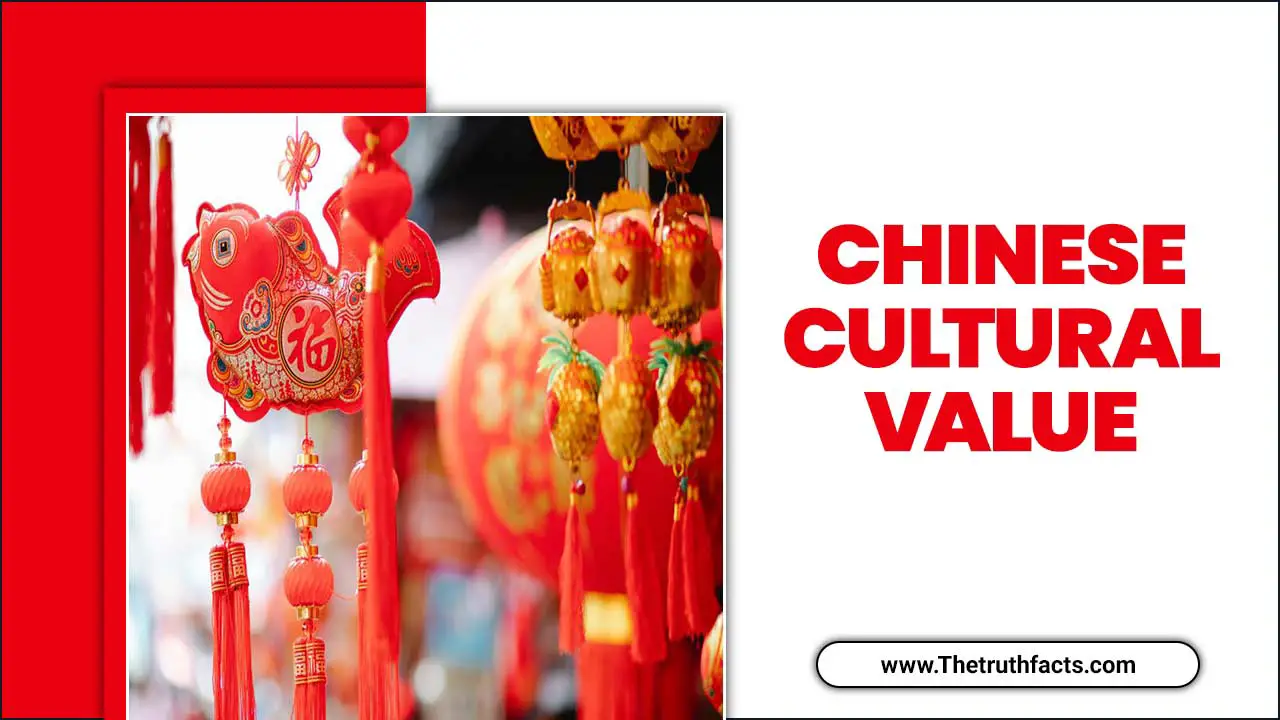
What Is Cultural Value?
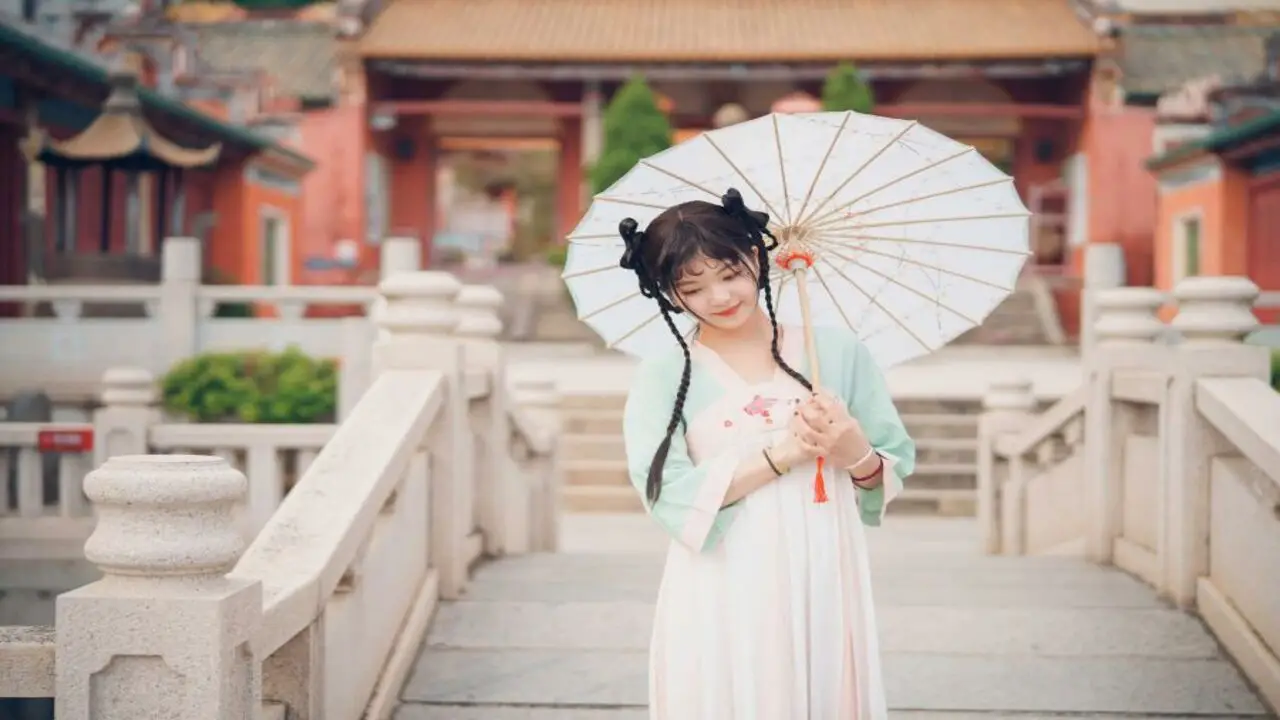
Cultural values are what form and impact individuals, as well as the people that live within them. But what precisely is cultural value? Cultural values are ideas and values that our forefathers passed down from generation to generation.
It is what distinguishes various civilizations. Yet, a country’s values are not always easily detectable for people outside it. Chinese culture has always been a vibrant topic for people worldwide, especially now that China has emerged as one of the world’s most powerful nations.
Chinese Cultural Value: Should You Know
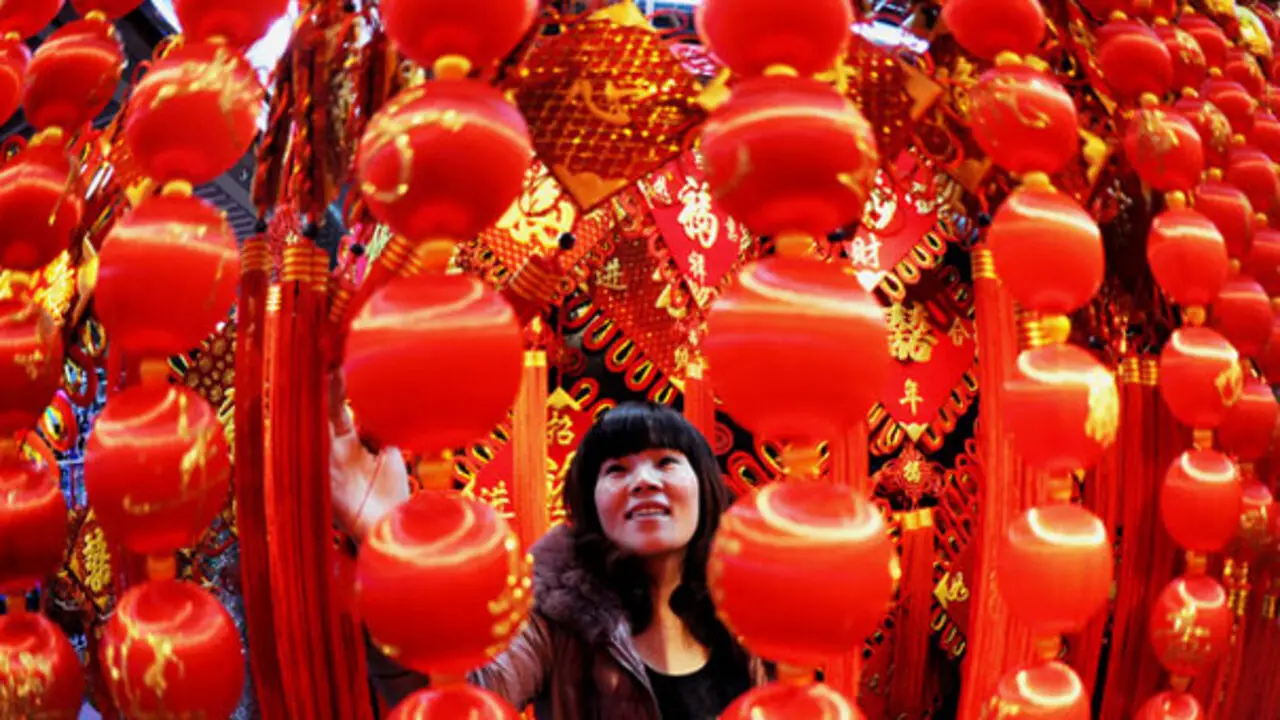
In today’s globalized world, understanding Chinese cultural values is paramount. One key reason why it is important to know Chinese cultural values is the emphasis on respect and hierarchy. In Chinese society, people highly value respect for authority figures, such as elders and government officials.
Understanding this value helps avoid unintentional offense and ensures appropriate behavior in various social and professional settings. Additionally, Chinese cultural values strongly emphasize collectivism, where the needs of the group take precedence over individual desires.
Confucianism And Chinese Society
Confucianism significantly shapes Chinese society by instilling traditional values and preserving the rich traditional culture. The influence of Confucian teachings is evident in various aspects of Chinese life, from education to family dynamics. Chinese society embraces various social values, such as respect for elders, filial piety, and harmony. Confucian principles deeply root these values and contribute to the cohesion and stability of Chinese society. The adherence to traditional values and culture reflects the enduring legacy of Confucianism in shaping Chinese society.
Face And Social Etiquette
In the Chinese civilization, the concept of “face” holds significant importance. It refers to maintaining dignity, respect, and reputation in social interactions. Chinese culture is deeply rooted in politeness, humility, and saving face. Understanding and adhering to social etiquette and manners are crucial when navigating the Chinese business environment.
Building harmonious relationships with Chinese colleagues requires demonstrating respect, avoiding confrontation, and upholding the principles of face and social etiquette. By embracing these cultural values, one can navigate the business environment successfully and foster positive relationships with Chinese colleagues.
Education And Diligence

Chinese cultural values place a strong emphasis on education and the acquisition of knowledge. Individuals are encouraged to prioritize their studies and develop their intellectual capabilities from a young age. Additionally, hard work and diligence are deeply ingrained as core values in Chinese society. Individuals are instilled with the importance of discipline, perseverance, and continuous self-improvement, driving them to strive for excellence in all aspects of life. This commitment to education and diligence stems from a belief in the power of personal growth and societal progress.
Harmony With Nature
In Chinese culture, there is a deep-rooted belief in harmony with nature. Traditional Chinese beliefs emphasize the importance of balance and harmony in all aspects of life, including the natural world. This cultural value promotes environmental stewardship and respect for nature.
Chinese society values the preservation of the environment and encourages sustainable practices to ensure the well-being of future generations. This commitment to living in harmony with nature is reflected in various aspects of Chinese life, from traditional philosophies to everyday practices.
Filial Piety
Filial piety holds immense significance in Chinese culture, encompassing a deep reverence and respect towards parents and ancestors. It entails fulfilling one’s duties and responsibilities towards them, such as providing emotional and financial support, showing obedience, and caring for their well-being. We deeply value family loyalty, which fosters strong bonds and a sense of unity. Chinese society deeply ingrains filial piety, shaping relationships and emphasizing the importance of familial harmony.
Collectivist Culture: Great Emphasis On Family

In Chinese culture, there is a great emphasis on family and collectivism. Society considers family as the foundation and highly values filial piety. Chinese people prioritize the needs and well-being of their family members above their own. They believe in maintaining strong family bonds and supporting each other through thick and thin. This collectivist mindset extends beyond immediate family to include extended relatives and the community. The Chinese cultural value of family significantly shapes their social interactions, decision-making, and overall way of life.
Chinese Kung Fu: The Art Of Self-Defense
Chinese kung fu originated in prehistoric times and gradually developed into a martial art to train troops and boost morale before wars. In its original definition, people could teach kung fu as any skill or ability through hard work and practice. It’s just not simply martial arts.
Endurance is the fundamental spirit of Chinese Kungfu, which means that people who learn Kungfu must avoid violence at all costs, even if their opponents are far inferior. This promotes harmony and morality, eventually returning to Confucius’ teachings. In reality, Kung Fu has long supported Confucianist, Taoist, and Buddhist philosophy since the beginning.
The Social Functions Of Chinese Food
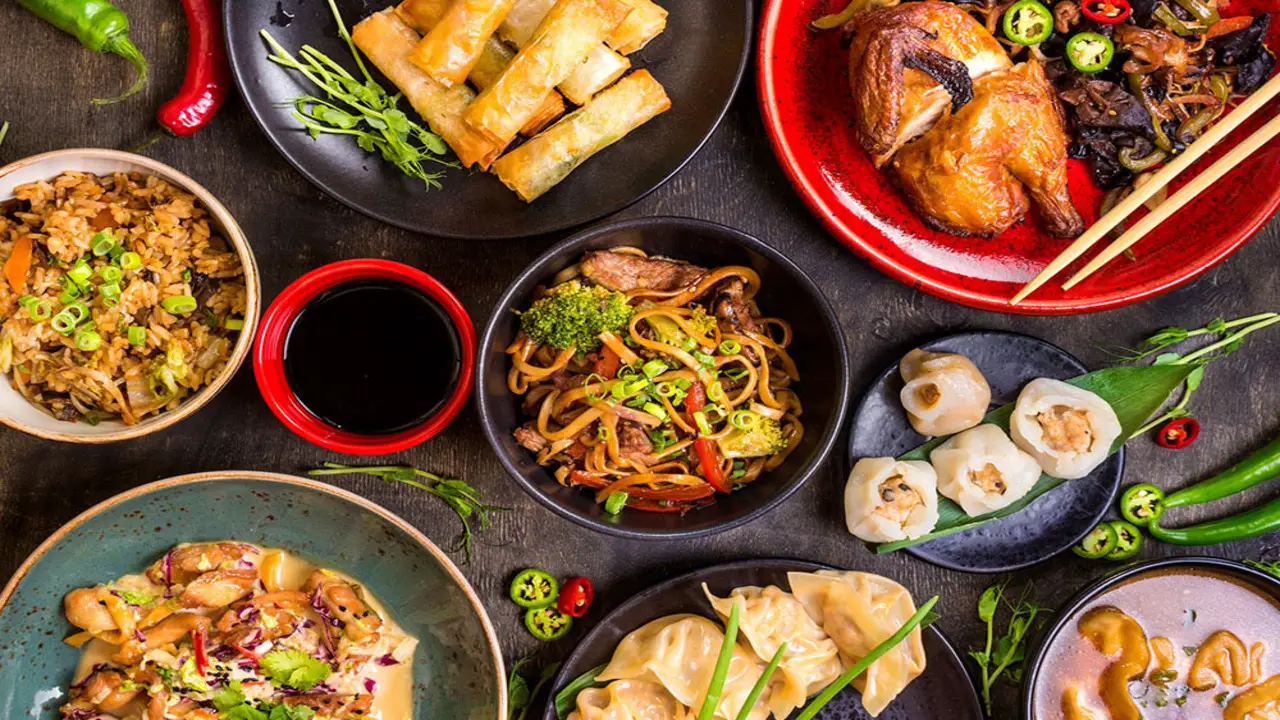
Chinese food plays a significant role in Chinese culture beyond its delicious taste. Meals often symbolize unity and togetherness, as people often share them with family and friends. Chinese cuisine also reflects the values of balance and harmony, emphasizing the five flavors – sweet, sour, bitter, salty, and spicy. Moreover, it acts as a medium for storytelling and cultural preservation, with each dish having historical and regional significance. Overall, Chinese food satisfies hunger, nourishes the soul, and strengthens social bonds.
Music And Art
In the shape of landscapes, bamboo, birds, and flowers, Chinese art shifted from propitiation and sacrifice to the representation of human knowledge of these spirits. Calligraphy is a respected and widely practiced traditional Chinese art form that has influenced the creation of several other Chinese art forms.
Music is also significant because ceremonies and rituals would rule the ideal society, and ceremonial duties rather than legislation or sheer resilience. Music is performed to direct and maintain peace amongst individuals in a society where people function harmoniously with rituals and ceremonies.
China’s Traditional Cultural Valu
China’s traditional cultural values have always been an important part of the country’s culture and society. They play a big role in shaping the country’s social norms, interactions, and political system. Here are four of China’s most important traditional cultural values:
- Filial Piety: Showing respect for parents and ancestors in Chinese culture.
- Confucianism: Belief in humanistic ethics and individual responsibility.
- Legalism: Emphasis on following laws for societal order and justice.
- Taoism: Philosophy of living in harmony with nature and accepting fate.
Taoism And Buddhism
Taoism is a Chinese religion that came about 2000 years ago after Confucianism. It is popular as Daoism. Unlike Confucianism, Taoism is primarily concerned with spiritual elements of existence, such as the nature of the universe.
Taoism’s fundamental objective is to achieve immortality and the world’s salvation. According to Taoism, humans and animals should live harmoniously with the Tao or cosmos. Honesty and compassion, two essential moral values of this religion, are shared by all Chinese people.
Buddhism placed a strong focus on nonviolence and animal sanctity. Buddhism enhanced Chinese philosophy, ethics, language, literature, the arts, religions, and popular beliefs due to new concepts. However, while Buddhism is not a cultural religion, it makes use of and adapts to local culture and ideas. In many ways, Taoist and Buddhist temples were equivalent.
Developing And Validating A Chinese Cultural
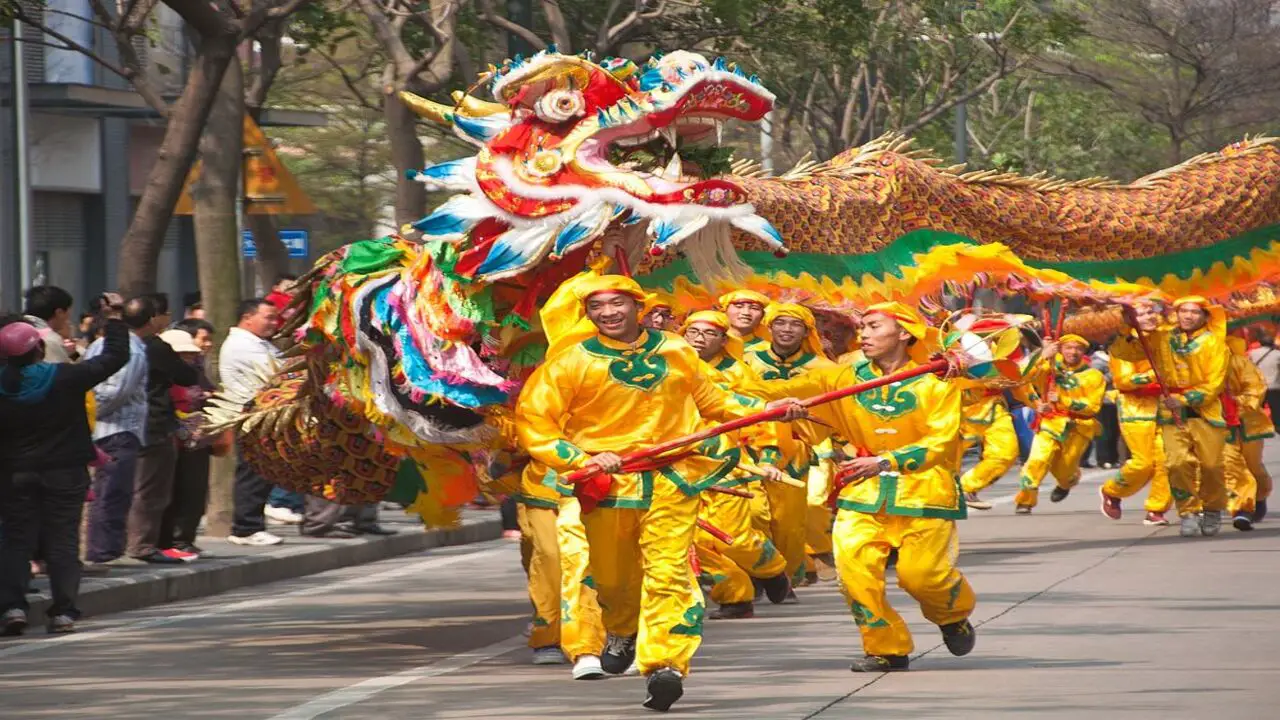
Validation of a Chinese culture is assessing and verifying the authenticity, accuracy, and currency of Chinese cultural information. It is essential for anyone wishing to conduct business in China, where perceptions of legitimacy and accuracy can significantly impact a company’s bottom line. There are several ways to validate Chinese cultural information, but some of the most common include:
- Documenting and analyzing historical evidence
- Conducting surveys and focus groups
- Analyzing online data
- Assessing the accuracy of translations
- Conducting in-depth research
China’s Rise And Chinese Values
China’s rise as a dominant economic power has sparked discussions on its values compared to the West. Pragmatism and efficiency define China’s approach, which is evident in its policies and operations. Critics highlight strict censorship as a means of control, while others perceive self-reliance and individualism as central. Chinese individuals are often seen as resourceful and independent, preferring to find their solutions rather than following prescribed rules. These differences in values shape China’s unique perspective.
Anxiety About China’s Growing Political Influence
China’s increasing global influence raises concerns, but understanding its politics is crucial. The Communist Party tightly connects Chinese parties, unlike the US or Europe. Thus, government decisions gain support from all parties, regardless of ideology. We must also consider Beijing’s strategic objectives, which aim to protect its interests while expanding its influence. It’s important to be prepared and aware of China’s political landscape and policies for the future.
Chinese Business Values: Guanxi, Mianzi, Renqing

Guanxi, Mianzi, and Renqing are important Chinese cultural values in business. Guanxi emphasizes close relationships and avoiding conflict to save face. Mianzi relates to social status and saving face, while Renqing involves favorable exchanges. Understanding these concepts is crucial for successful business interactions in China.
National Identity And Modern Foreign Policy
China’s national identity is crucial in shaping its modern foreign policy. Rooted in a rich cultural heritage, Chinese cultural values such as harmony, collectivism, and respect for authority guide the country’s approach to global affairs. The emphasis on maintaining stability and promoting cooperation allows China to navigate complex international relationships while safeguarding its interests. This unique blend of tradition and pragmatism has positioned China as a major player in global politics.
The Economic Perspective
The economic perspective on Chinese cultural values encompasses a wide range of factors. From the emphasis on collective harmony and social stability to the importance placed on family and hierarchy, these values shape how business is conducted in China. The concept of guanxi, or personal relationships, plays a crucial role in networking and decision-making. Additionally, the value placed on saving face and avoiding conflict can influence negotiation strategies. Understanding and respecting these cultural values is essential for successful business interactions in China.
Rapid Modernization In Chinese Culture
China has undergone rapid modernization in recent years, leading to significant changes in its cultural values. Traditional Chinese cultural values, such as filial piety, respect for elders, and collectivism, are still deeply rooted in society. However, with the influence of globalization and Western culture, individualism, self-expression, and materialism have gained prominence. This cultural shift has sparked debates and discussions about preserving traditional values while embracing the opportunities and challenges of a rapidly changing world.
Disconnects Between Perspectives On China
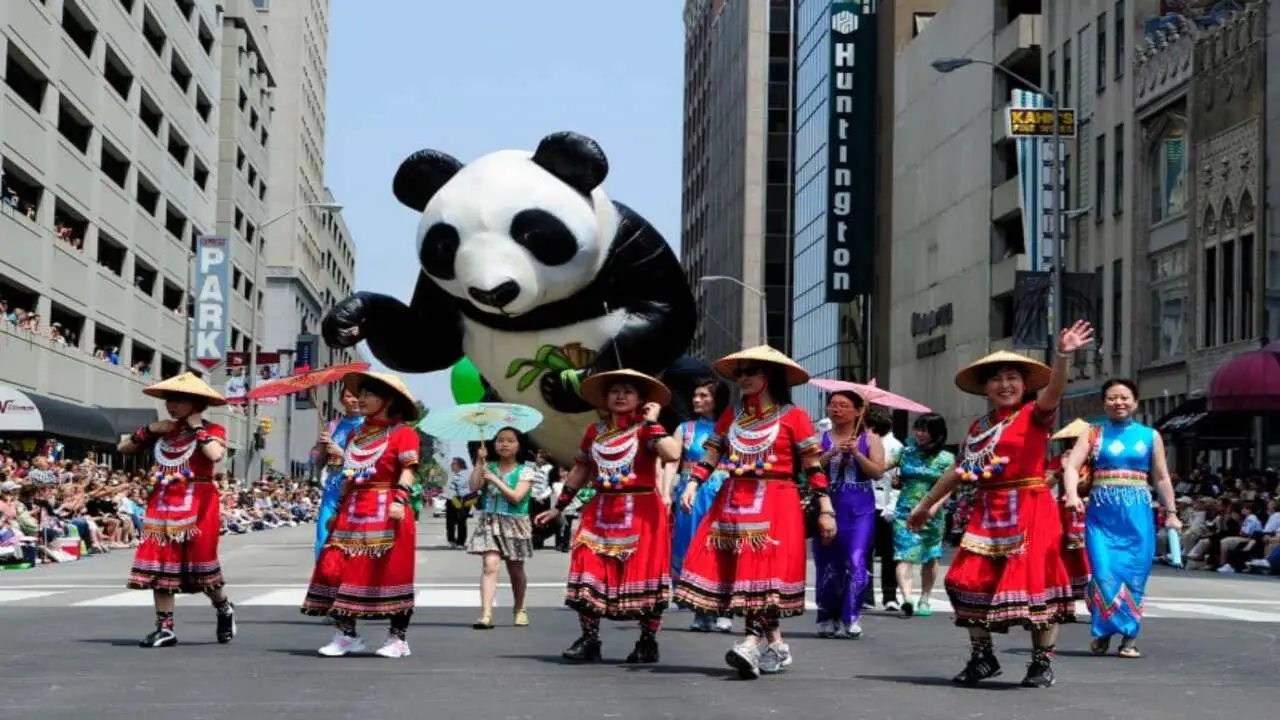
In comprehending Chinese cultural values, disparities frequently arise between divergent viewpoints. Western observers may view China as a collectivist society valuing harmony and conformity. However, this overlooks the individualistic traits in Chinese culture, such as the importance of personal success and ambition. Additionally, the emphasis on hierarchy and respect for authority can clash with Western ideals of egalitarianism. These differences in perspective contribute to the complexity of understanding Chinese cultural values.
The Divide On Human Rights Perspectives
The divide in human rights perspectives is particularly evident when examining Chinese cultural values. China’s emphasis on collectivism and harmony often conflicts with the individualistic ideologies prevalent in Western societies. While some argue that this emphasis on collective well-being promotes social stability and economic growth, others criticize its limitations on individual freedoms. Finding a balance between cultural values and universal human rights remains a complex challenge in pursuing global equality and justice.
Conclusion
Understanding and respecting Chinese cultural values is crucial for effective communication and building strong relationships in today’s globalized world. From the importance of hierarchy and collectivism to the value placed on relationships and harmony, Chinese culture offers valuable lessons and perspectives. One key aspect of Chinese culture is the importance of hierarchy. Chinese society has a clear sense of hierarchy and respect for authority.
This can be seen in the workplace, where individuals are expected to defer to those in positions of power and authority. By recognizing and incorporating these values, individuals, and businesses can successfully navigate cross-cultural interactions and foster mutual understanding and respect. As we continue to connect and collaborate with our Chinese counterparts, let us embrace and learn from their rich cultural heritage.
FAQs
What Is Very Important To Chinese Culture?
Family is very important to Chinese culture. In Chinese society, family is the cornerstone of the culture. It is deeply rooted in the traditions and customs of the Chinese people and is held in high regard and importance.
What Represents Chinese Culture?
Chinese culture is represented by various elements such as traditional festivals like Chinese New Year and Mid-Autumn Festival, ancient philosophies like Confucianism and Taoism, and traditional arts like calligraphy and painting.
What Is The Number 1 In Chinese Culture?
The number 1 is significant in Chinese culture as it represents unity, individuality, and leadership. It is associated with power, success, and being at the top. In Chinese numerology, 1 is a yang, symbolizing strength and ambition.
How Many Cultures Does China Have?
China is a vast and diverse country with 56 recognized ethnic groups, each with a distinct culture. This includes the Han Chinese, who make up the majority of the population, as well as various minority groups such as Tibetans, Uighurs, Zhuang, and many more.
What Are Chinese Religious Beliefs?
Chinese religious beliefs encompass diverse practices and beliefs, including Confucianism, Taoism, Buddhism, and folk religions. Confucianism emphasizes moral values, social harmony, and respect for ancestors.

I’m a writer and blogger who loves to talk about entertainment, culture, and relationships. I love to share my thoughts and insights on these topics, and I’m always looking for new ways to engage with my readers. I’m also a big fan of learning new things, so I’m always exploring new areas of interest.
